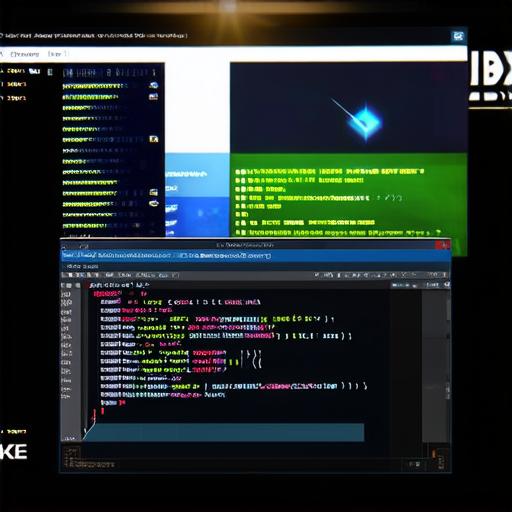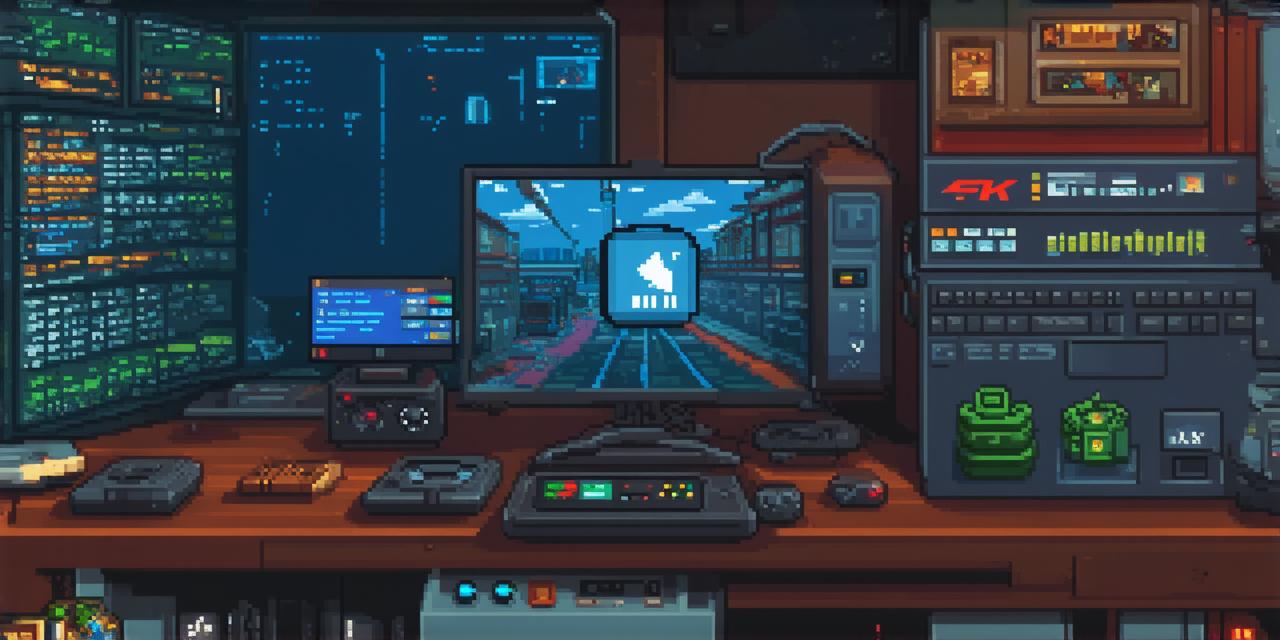
If you have always been passionate about video games and want to turn your love for them into a career, then becoming a video game developer is the perfect fit for you. This guide will walk you through the requirements to become a video game developer, including the skills, education, and experience needed to succeed in this exciting field.
Education: The First Step Towards Becoming a Video Game Developer
The first step towards becoming a video game developer is to obtain a relevant degree in computer science or a related field. A bachelor’s degree in computer science, game design, or interactive entertainment is typically the minimum requirement for entry-level positions. However, many employers prefer candidates with a master’s degree or even a doctorate in these fields.
During your studies, you will learn programming languages such as C++ and Java, which are essential for creating video games. You will also study game design principles, artificial intelligence, and data structures, all of which are crucial for building engaging and immersive games.
Skills: What You Need to Succeed as a Video Game Developer
In addition to education, you will need certain skills to succeed as a video game developer. These include programming skills, problem-solving abilities, creativity, attention to detail, and the ability to work well in a team.
Programming skills are essential for creating games, and you should be proficient in languages such as C++, Java, and Python. You will also need to know how to use game engines like Unity and Unreal Engine, which simplify game development by providing pre-built tools and assets.
Problem-solving abilities are crucial for identifying bugs and fixing them quickly. As a video game developer, you will encounter numerous challenges, so it’s essential to have the ability to think critically and come up with creative solutions.
Creativity is another vital skill for video game developers. You should be able to design unique and engaging gameplay mechanics that captivate players and keep them coming back for more.
Attention to detail is also critical. Video games require perfection, and even the smallest mistake can ruin a player’s experience. As a developer, you will need to pay close attention to every aspect of your game, from the graphics to the sound effects.
Lastly, working well in a team is essential for video game development. You will be collaborating with other developers, designers, and producers, so it’s crucial to have excellent communication skills and be able to work effectively with others.
Experience: Gaining the Skills You Need to Succeed
While education is essential for becoming a video game developer, gaining experience is also crucial. Many entry-level positions require prior experience, so it’s important to gain as much experience as possible before applying for jobs.
One way to gain experience is by participating in game jams or hackathons. These events provide an opportunity to work on a game project with a team of like-minded individuals. They also allow you to showcase your skills and get feedback from experienced developers.
Another way to gain experience is by working on personal projects. You can create your own games or modify existing ones to gain experience in game development. Personal projects are an excellent way to demonstrate your passion for gaming and showcase your skills to potential employers.
Certifications: Adding Value to Your Resume
In addition to education, gaining certifications can add value to your resume and make you stand out from other candidates. Certifications in game development, programming languages, and game engines are highly valued by employers.
For example, the Unity Certified Developer certification demonstrates proficiency in using Unity, one of the most popular game engines. The certification also shows that you have undergone rigorous testing and meet the industry’s standards for game development.
Case Studies: Inspiring You to Follow Your Dreams
One of the best ways to inspire and motivate aspiring video game developers is by sharing case studies of successful games and their creators.
For example, the creation of Minecraft was a labor of love for Markus Persson, who spent over seven years developing the game. Despite facing numerous challenges, such as funding issues and legal disputes, Markus persevered and created one of the most successful games of all time.
Another example is the creation of The Legend of Zelda: Breath of the Wild by Nintendo. The development team spent over five years working on the game, using cutting-edge technology to create an immersive and engaging gaming experience. The game’s success has inspired countless aspiring video game developers to pursue their dreams.
FAQs: Answering Your Questions
Q: What programming languages do I need to become a video game developer?
A: You should be proficient in languages such as C++, Java, and Python, and also have experience with game engines like Unity and Unreal Engine.
Q: Do I need a degree to become a video game developer?
A: While a bachelor’s degree is typically the minimum requirement for entry-level positions, many employers prefer candidates with a master’s degree or even a doctorate in computer science or related fields.
Q: How can I gain experience as a video game developer?
A: Participating in game jams or hackathons, working on personal projects, and gaining certifications in game development, programming languages, and game engines are excellent ways to gain experience as a video game developer.
Q: What are some examples of successful games and their creators?
A: Markus Persson, the creator of Minecraft, and the development team behind The Legend of Zelda: Breath of the Wild are just two examples of successful games and their creators that inspire aspiring video game developers.
Q: Can I become a video game developer without a degree?
A: While a degree is typically preferred, it’s not impossible to become a video game developer without one. However, gaining experience through personal projects, certifications, and participation in game jams or hackathons can help demonstrate your passion and skills to potential employers.
Q: How much do video game developers earn?
A: Video game developers earn an average salary of $102,850 per year in the United States, according to the Bureau of Labor Statistics. However, salaries can vary depending on experience, location, and the type of game being developed.
Q: How can I become a successful video game developer?
A: Remember to follow your passion, gain as much experience as possible, and never give up on your goals. With the right mindset and determination, you can become a successful video game developer and make your mark on the industry.


















